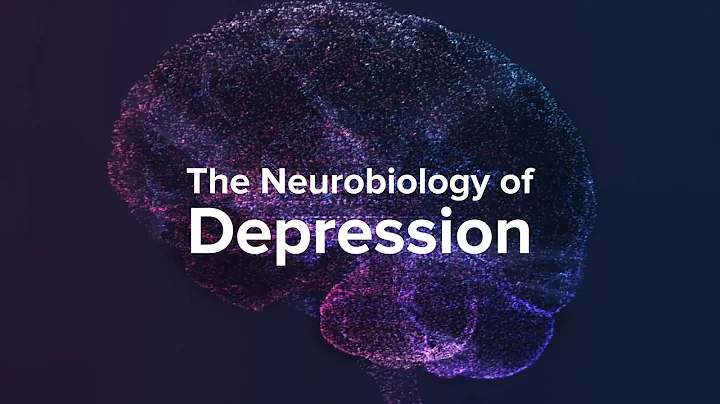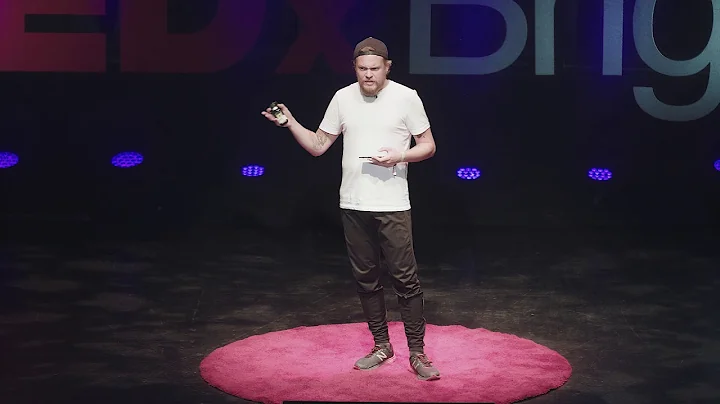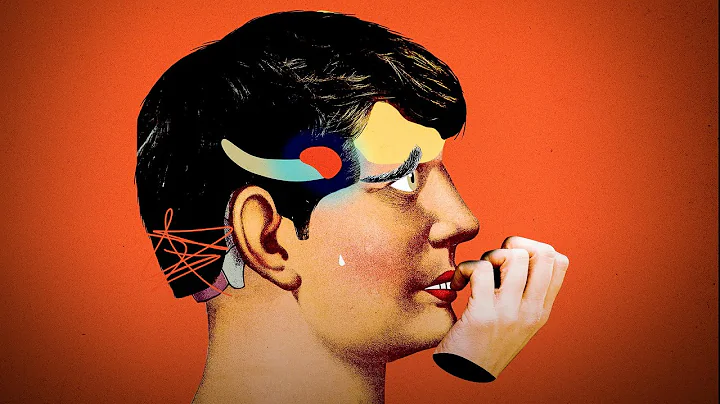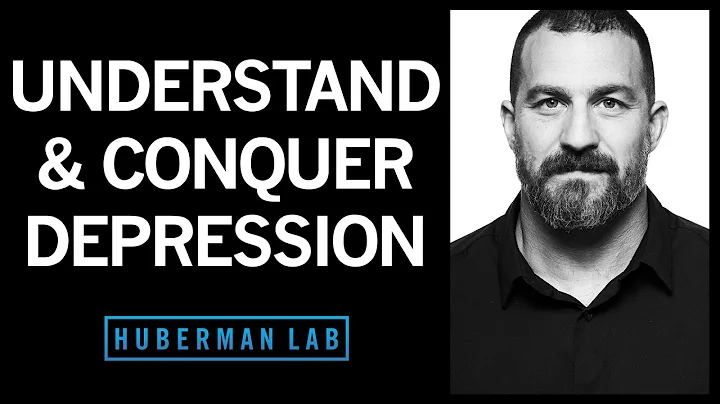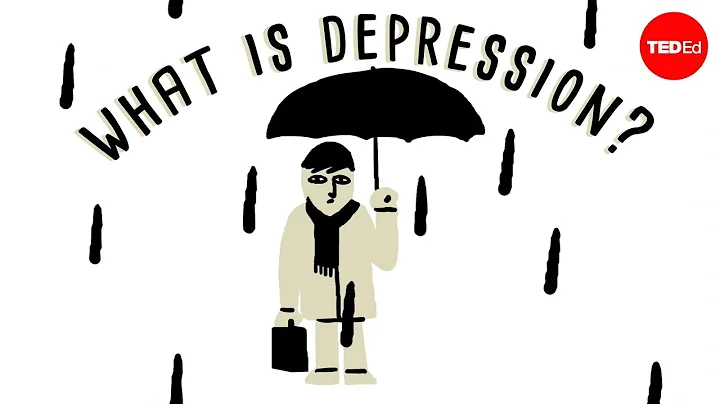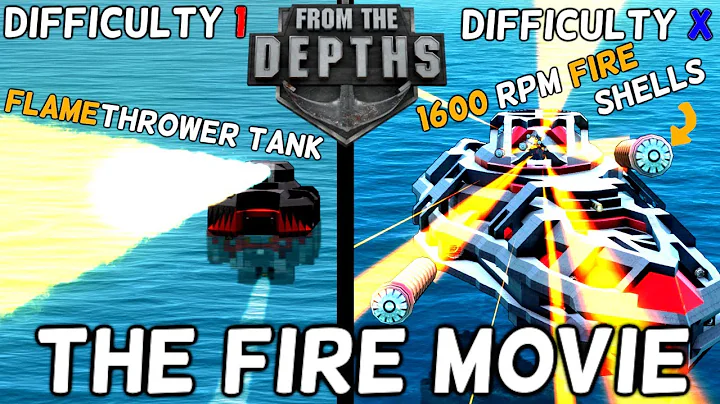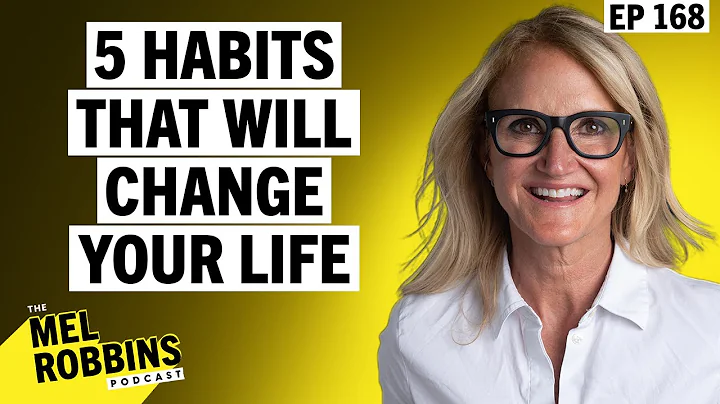I often say that when a person has depression or anxiety, it is all because he has a problem with his own understanding. So how to solve it? First we need to know what our understanding is.
Knowledge is our view of a thing or a thing. This process of understanding and understanding, and the emotional process.
The process of understanding is the process of understanding and becoming aware of the outside world and ourselves. For example, if there is a male puppy in front of you, you see it and know that it is a dog, not a fish. Then you realize that the dog bared its teeth at you, and you broke out in a sweat. This is all recognition. Through this recognition, you know that you are scared because you are worried that the dog will bite you, and you are in anxiety.
The next step is the thought process, because you have to consider whether you should run away or rush forward and bite the dog first.
The next step is the imagination process. You will imagine that when you run away, you are chased by a dog and make passers-by laugh. You can also imagine that you rushed up to the dog and bit it, and then you got a mouthful of dog hair. This is all imagination.

It has been a long time ago. Every time you chat with your friends, you will mention it. This is the memory.
The whole of this is your understanding process.
The emotional process is an emotional and volitional process. For example, if you bite a dog, the dog is scared away by you, and you feel very happy. This is your happy emotion, for example, you haven't bitten a dog, because you find that you don't have a tail to control your balance when lying down, and you are frustrated. This is your frustration.
When external things have nothing to do with you, you have no emotions. For example, there is a little bitch watching the game next to you, but you don't feel that your winning or losing will affect your relationship with this bitch. This won't affect your mood.
What is the process of will? When you find that you are incapable of biting a dog, go home and find out the martial arts secret book and a dog-beating stick, and start practicing hard, this is your will, and you take action to change the external world.
For example, if we realize that procrastination is not a good behavior, we need to take action. This is also an act of will.
There is also a psychological phenomenon called attention in psychology. Attention is a psychological redistribution of our own energy. For example, when you have a fight with a dog, you won't pay much attention to the square dancing ladies around you who are stopping to look at you. But you know that there is a square dancing lady around you, so your attention at this time is allocated 70% to biting the dog and 10% to other things. Another 20% is that you will realize that your heartbeat is racing, you have difficulty breathing, you are afraid, etc.
But at this time you didn't notice that you had peed your pants. This is the subconscious, another kind of consciousness outside of attention. It is instinctive, but it is something you don't know. Some people also call this unconsciousness.

The depression and anxiety we are talking about are related to this unconsciousness, because you may not really know where your anxiety or depression comes from. You just feel that anxiety or depression as soon as something happens. It just came up. In fact, this is unconsciousness. This unconsciousness is slowly accumulated and developed in our daily lives. For example, you often watch news about dogs biting people. For example, you have a deep fear of dogs, you were bitten by a dog when you were a child, etc., so you will be instinctively afraid when you meet a dog.
So to change anxiety or depression, it is through cognition. For example, if you observe carefully later, not all dogs bite you. Later, you went to work in a pet store for a while and found that most dogs did not bite you. When you have this evidence to support it, your perception changes. I am no longer afraid when I meet a dog again.
Finally in the park, you met the dog from last time again, and you felt that you were no longer afraid. Just go up and touch it boldly. Then it bites you.
It turns out that cognition can only change your view of things. By changing your view of things, you change your behavior. It also changed the outcome of the matter. The result is that you were bitten by a dog.

You used to be afraid of dogs and thought that dogs would bite you, so you would run away when you saw a dog. Later, you changed your perception and knew that dogs would not bite you, so you stopped running when you saw a dog and dared to touch the dog. , so you were bitten by a dog. From this point of view, moderate anxiety is also a kind of protection for people.
#Psychology# #中文字幕综合# #Attention to depression# #心Healthy letter science popularization#
(Book card has been added here, please go to the Toutiao client to view)


